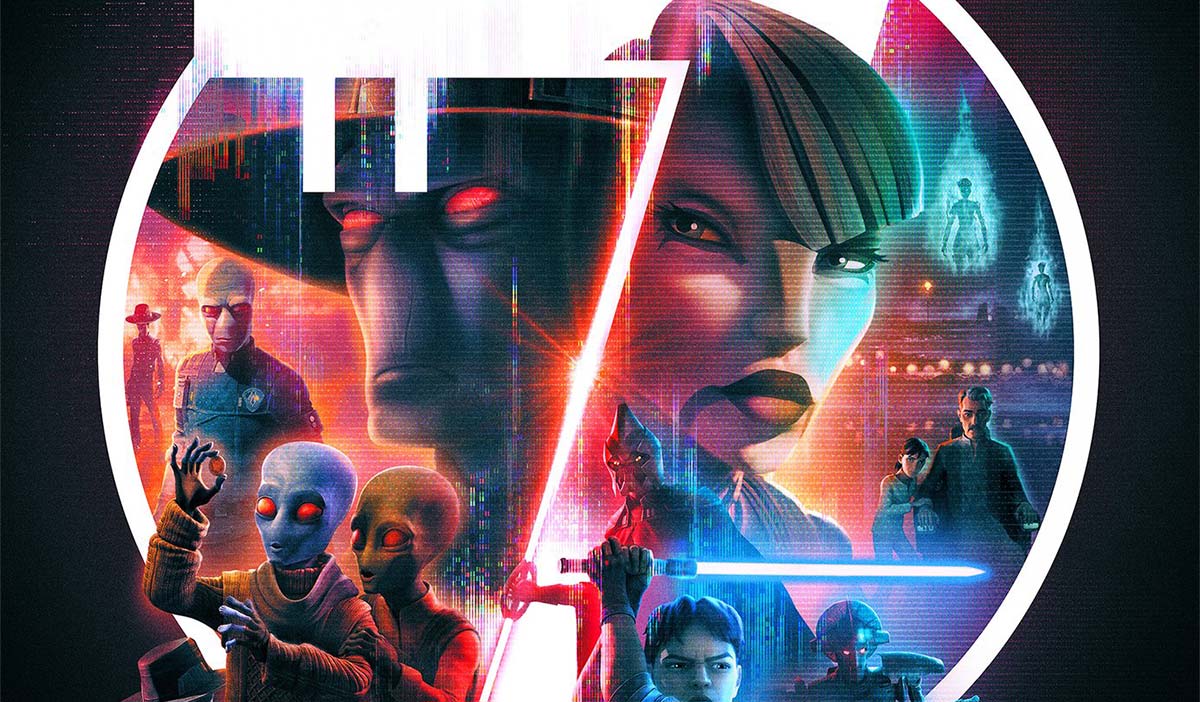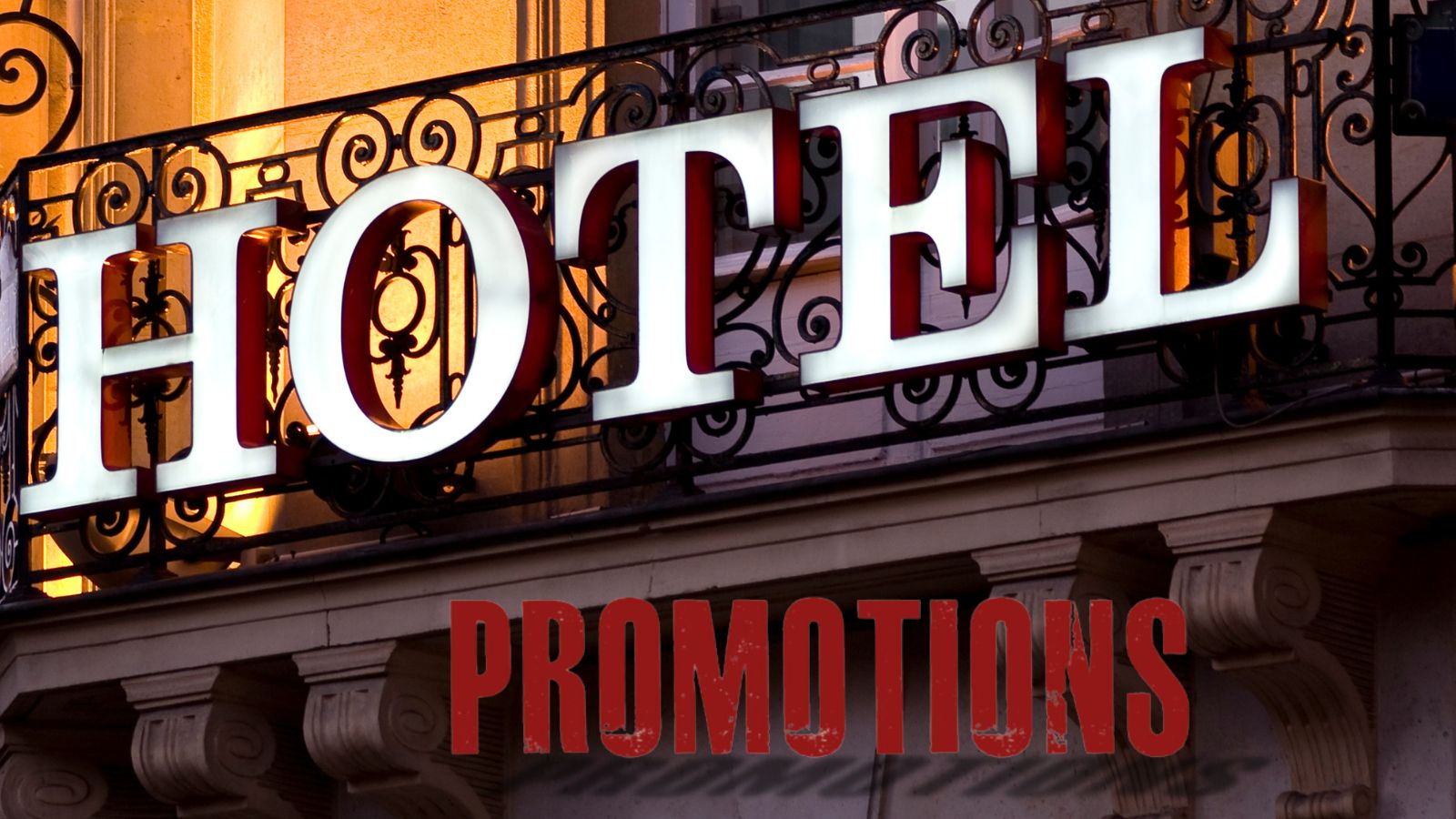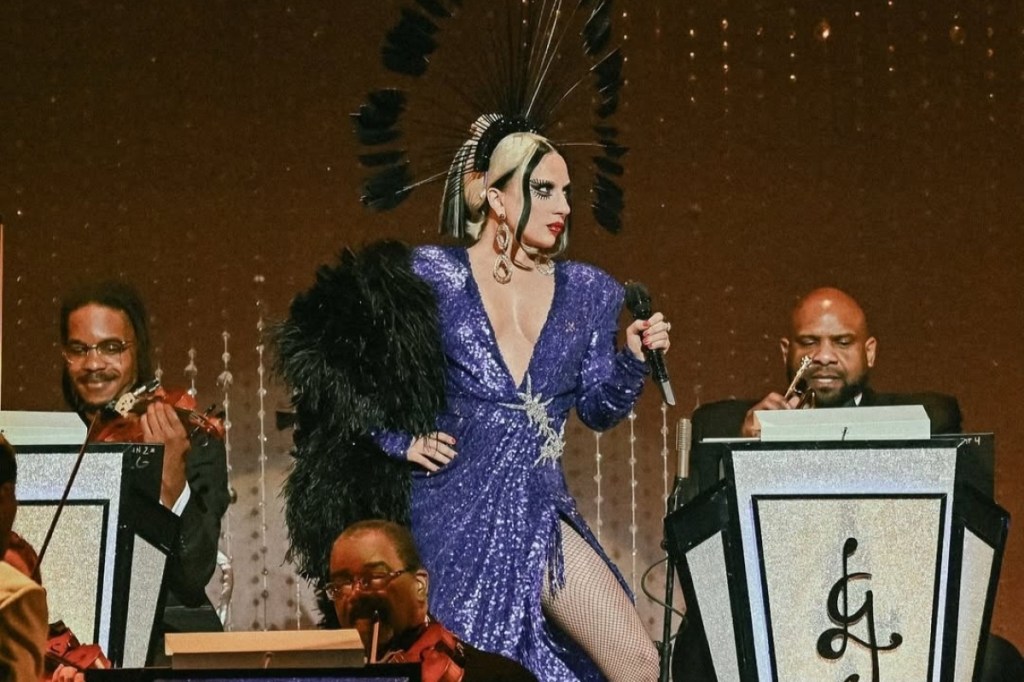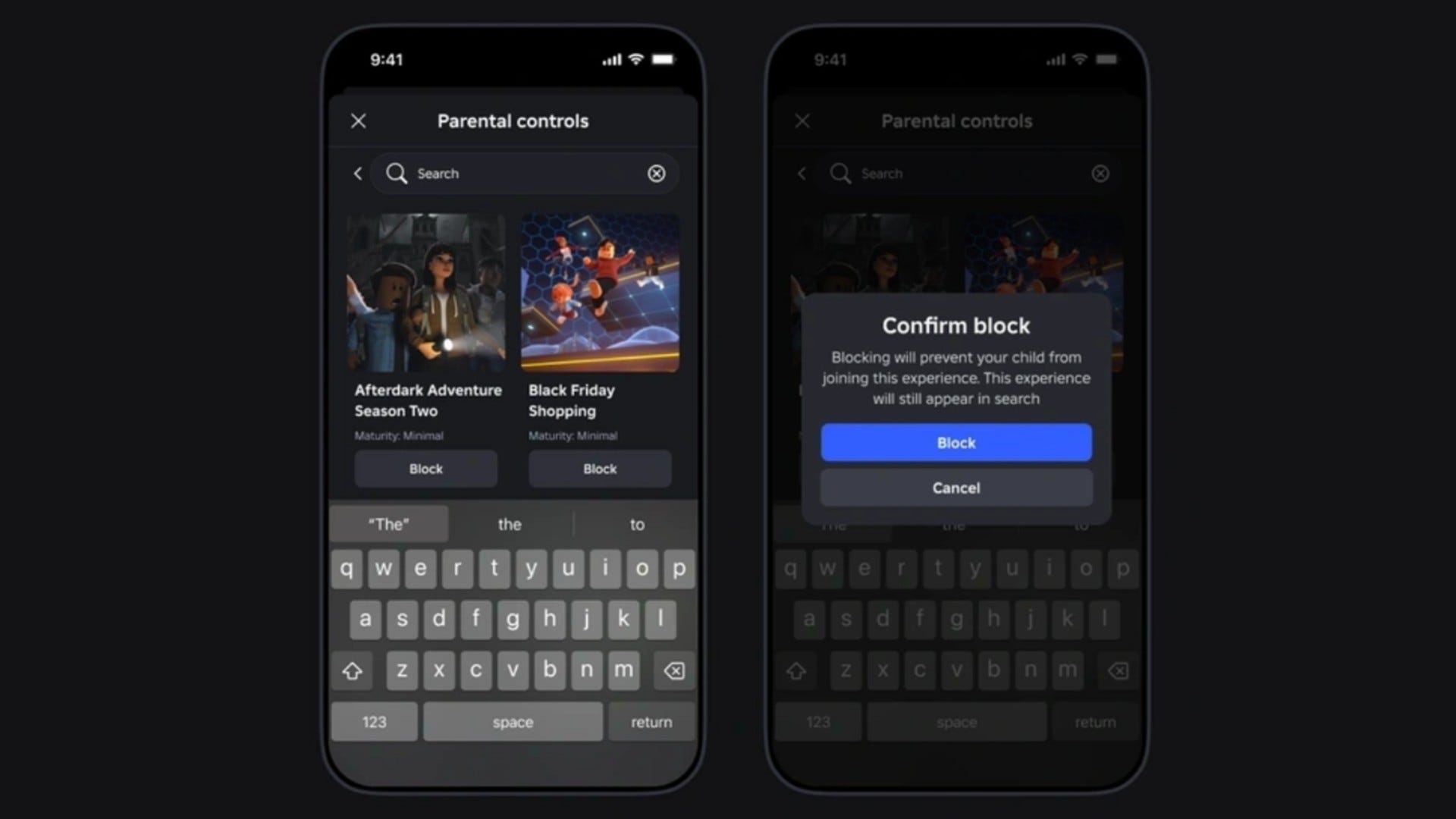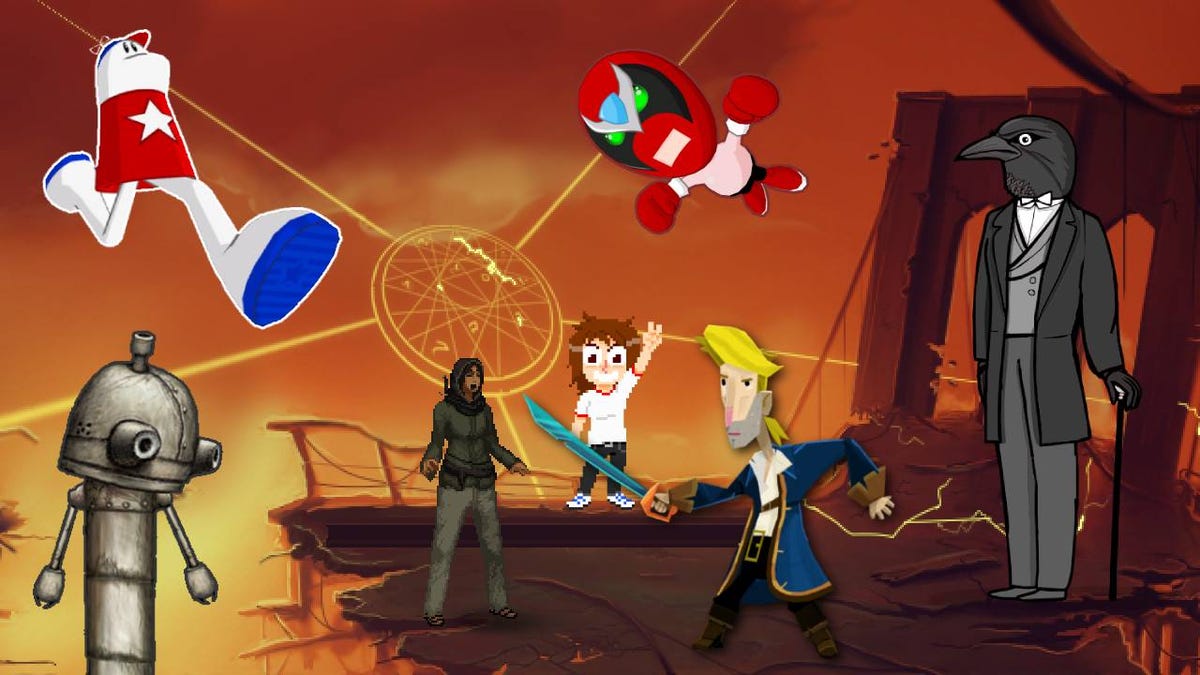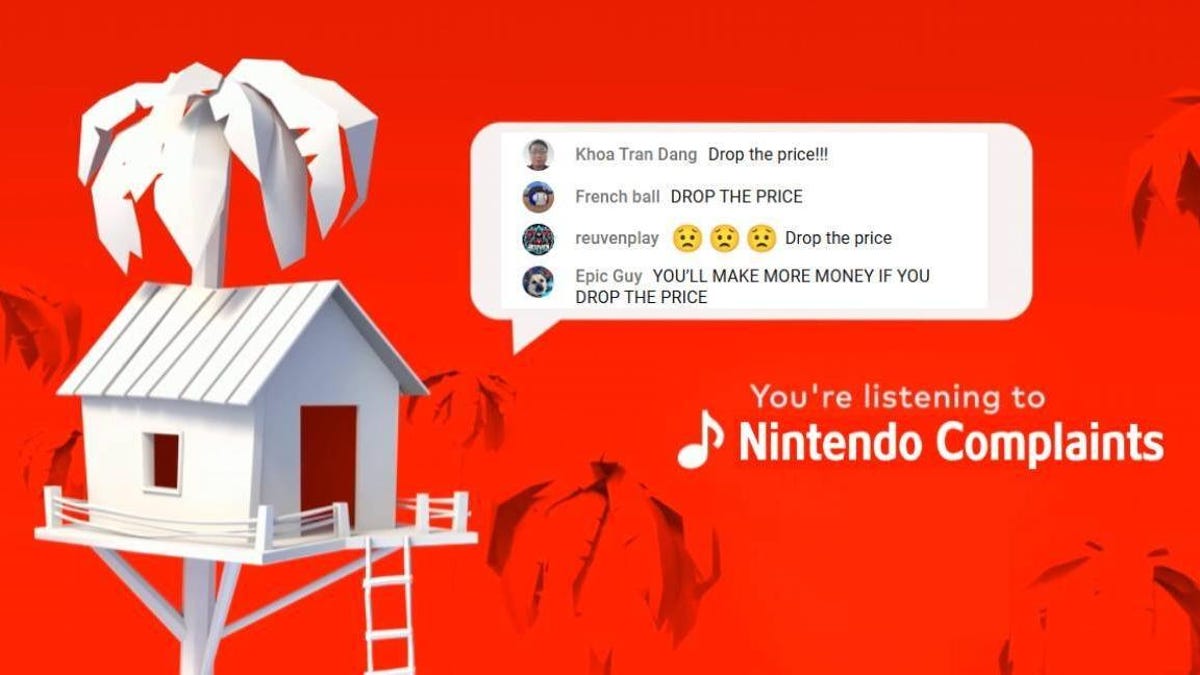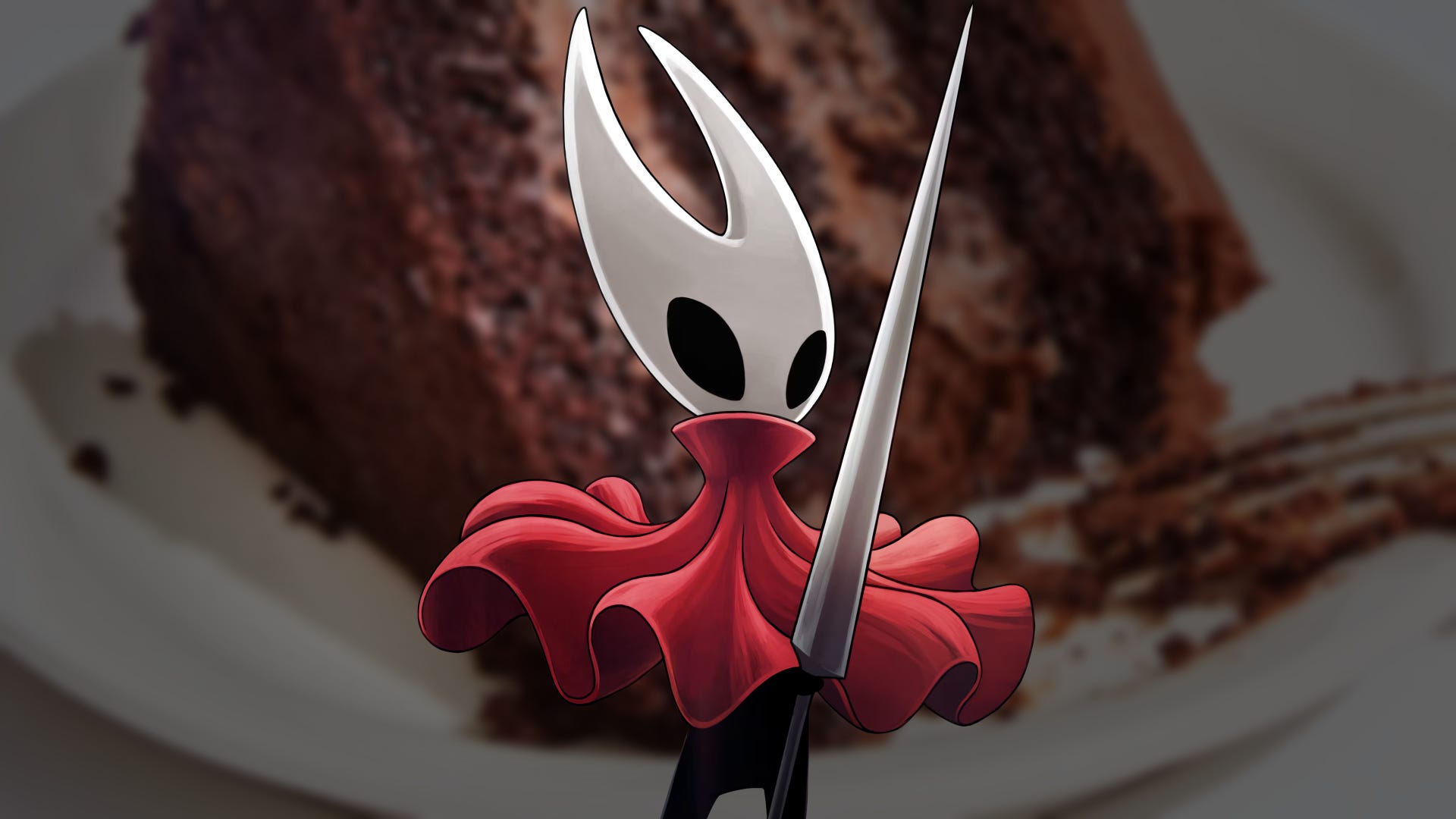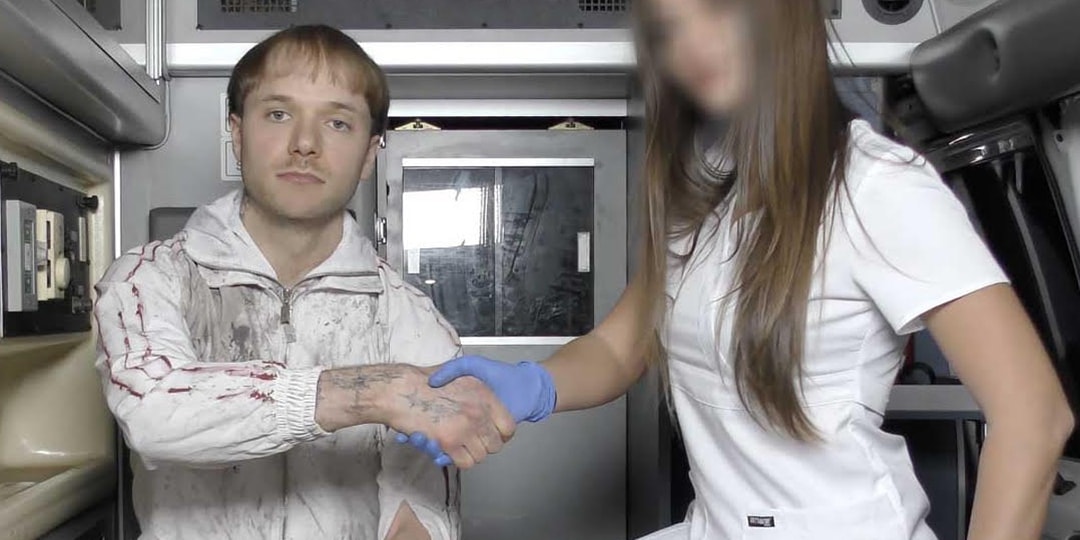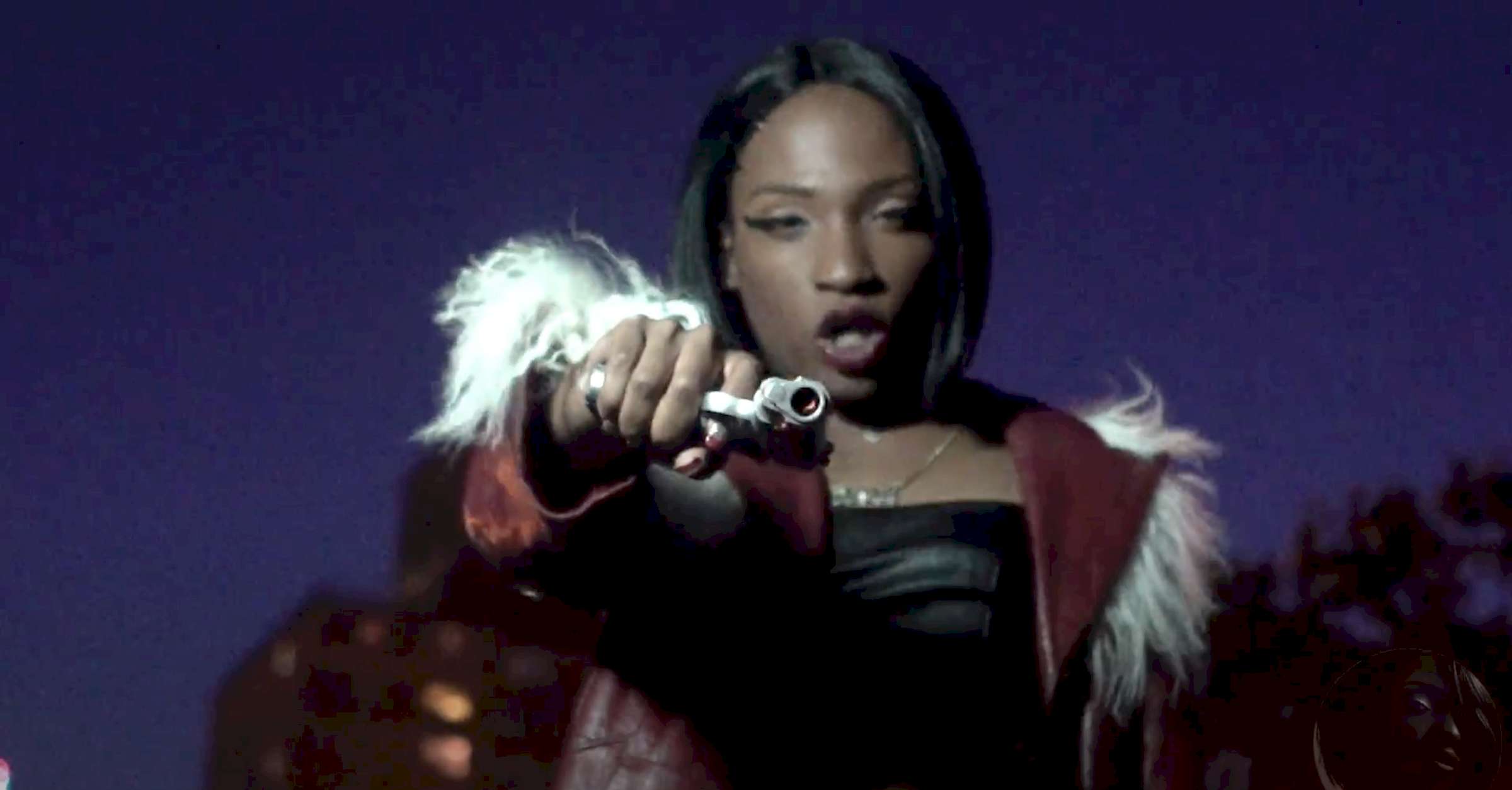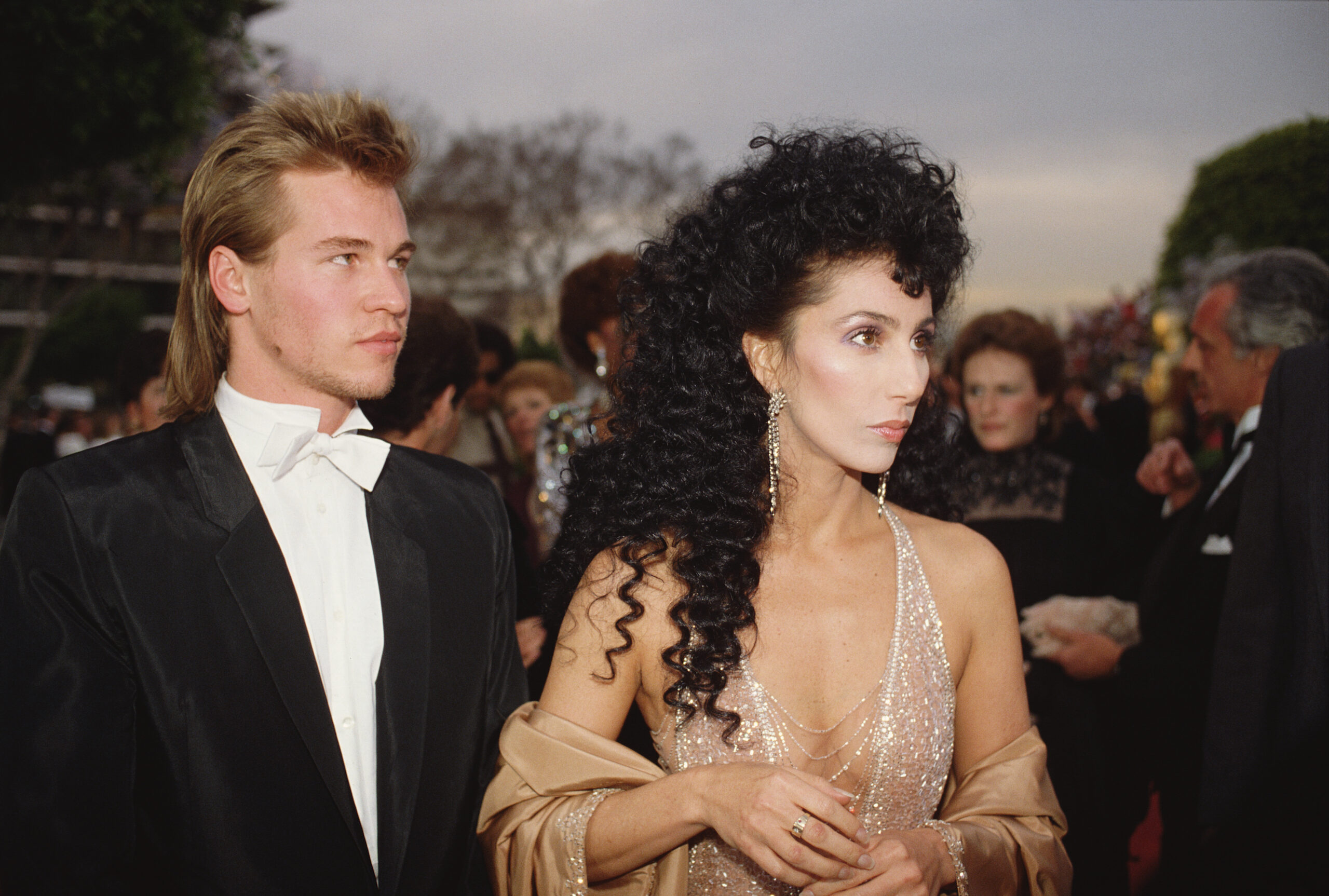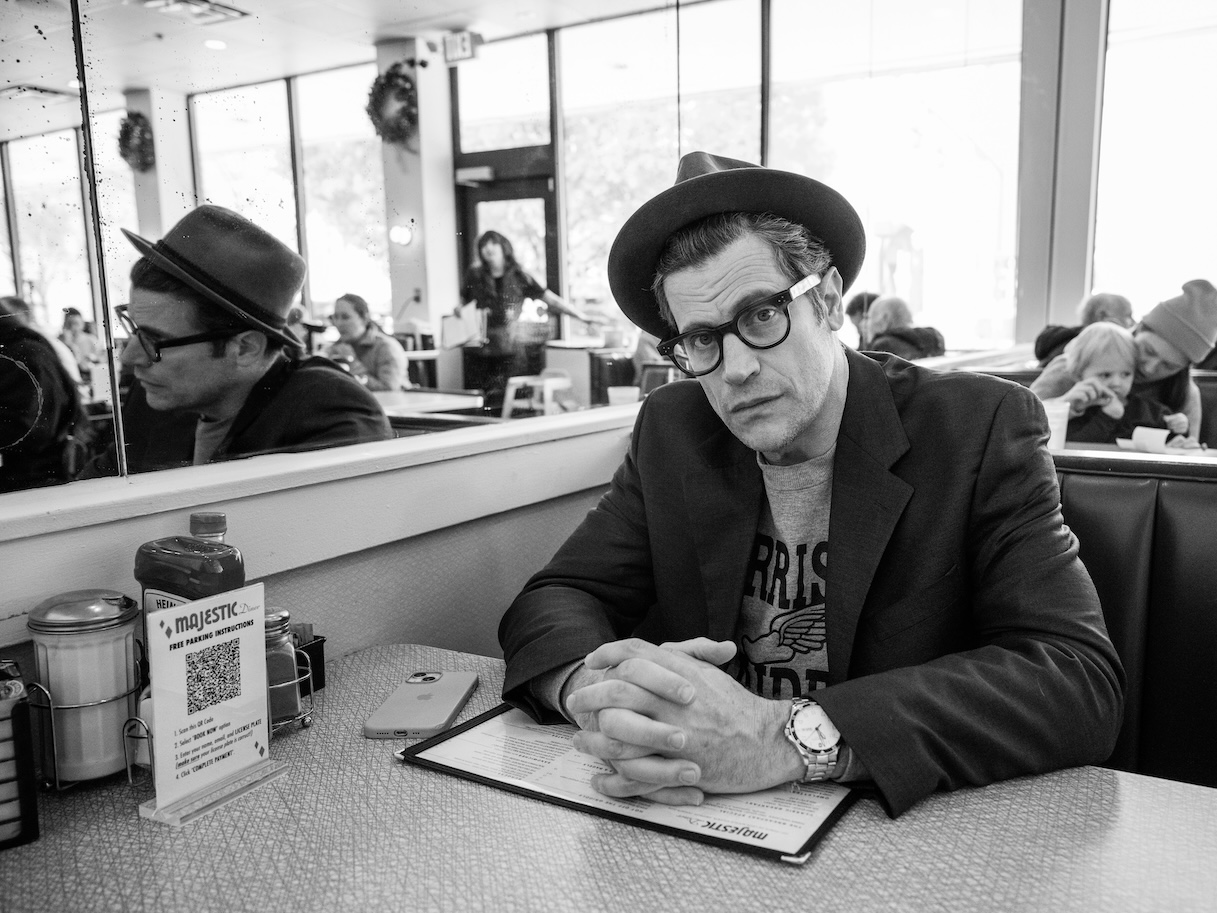A Follow-Up to Quentin Tarantino’s Celebration of Cinema Is Going… to Netflix?
Every good stuntman knows that getting knocked down is part of the job. Every time you hit the dirt, you’ve just got to get back up and keep going. With that in mind, it’s not too surprising that stuntman Cliff Booth would return for a sequel to Quentin Tarantino‘s Once Upon a Time… In Hollywood. […] The post A Follow-Up to Quentin Tarantino’s Celebration of Cinema Is Going… to Netflix? appeared first on Den of Geek.
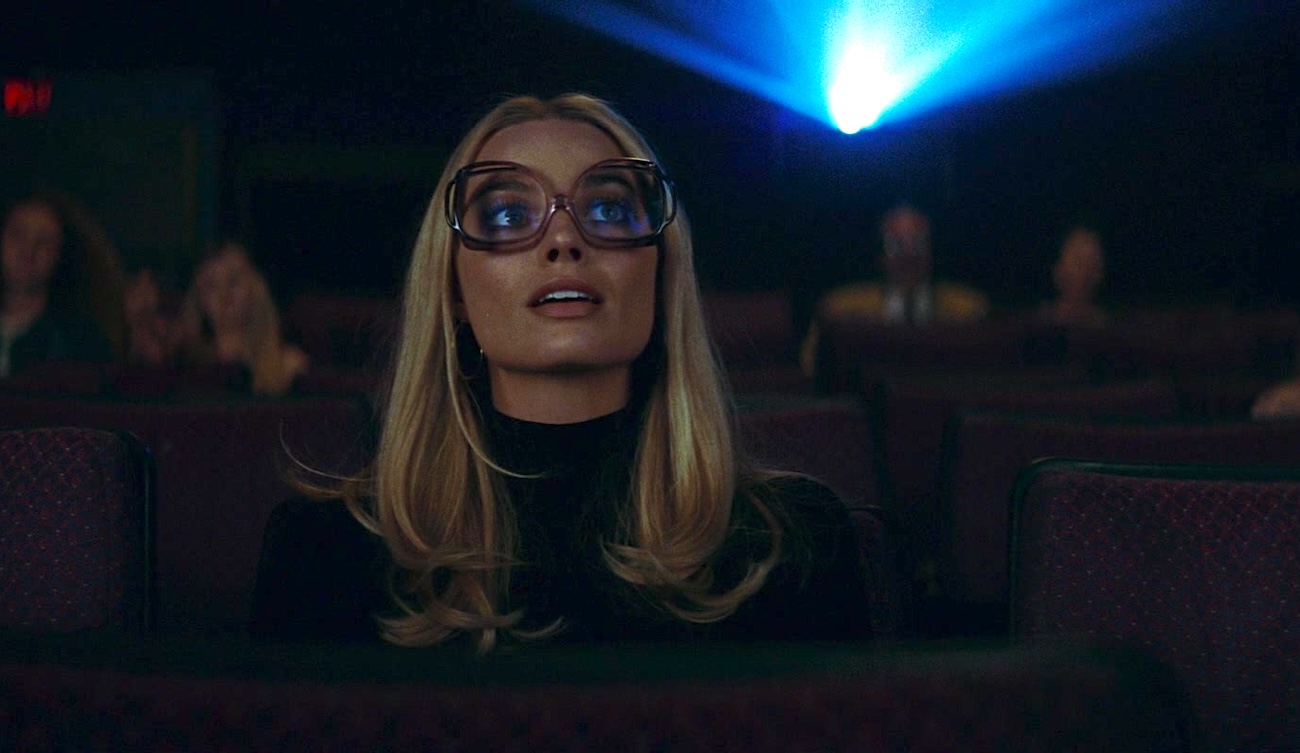
Every good stuntman knows that getting knocked down is part of the job. Every time you hit the dirt, you’ve just got to get back up and keep going. With that in mind, it’s not too surprising that stuntman Cliff Booth would return for a sequel to Quentin Tarantino‘s Once Upon a Time… In Hollywood. What is surprising, however, is how the sequel will come to be.
According to Deadline, the makeshift sequel—which initially began as a screenplay for Tarantino’s self-proclaimed final film, which at the time was titled The Film Critic—is alive once more after the Pulp Fiction director shelved the project. Furthermore, it still has Brad Pitt attached to star as Booth. And yet, instead of directing it himself, Tarantino is turning the project over to David Fincher.
It’s an odd twist of fate, but one that at first honestly sounds pretty good. Fincher isn’t that similar to Tarantino, but he is an auteur of the same generation and indie ’90s background. He will be able to present the material with care, particularly given his decades-long friendship with Pitt. But as Deadline points out, Fincher is currently under exclusive contract with Netflix, which means that the follow-up to Tarantino’s love letter to the power of cinema and old New Hollywood will be sandwiched between forgettable Millie Bobby Brown vehicles, watched by people scrolling on their phones and folding their socks. Forever.
The project announcement comes just days after Netflix CEO Ted Sarandos pronounced movie theaters “dead,” the latest in a long line of similar claims. “The theatrical box office is down 40 to 50 percent from pre-COVID, and this year is down eight percent already, so the trend is not reversing,” said Sarandos. “You’ve gotta look at that and say, ‘What is the consumer trying to tell you?’”
There’s a logic to Sarandos’ bean-counting. But five years ago, Once Upon a Time made the exact opposite argument.
In one of the movie’s many transcendent themes, Sharon Tate (Margot Robbie) visits a movie house to see herself on screen in the Dean Martin vehicle, The Wrecking Crew (1968). After a delightful prelude in which she gets a ticket taker to snap her photo next to the movie’s poster, Tate watches the movie with wonder. It’s not just that Tate sees herself, revealing a screen talent that she’ll tragically never fully develop in the real world. It’s that she’s transported by the magic of cinema, by the gigantic screen, the engrossing music, and the pastel colors.
Imagine something similar with a Netflix star. Yeah, this star would still be excited to see her face on a television screen or even her iPhone. But she’d have to navigate through the piles of other slush Netflix put out that week. She’d watch herself, at best, on a 55-65″ TV, maybe in 4K if her internet connection holds up. But then it would be done. And before the credits could roll, giving her a chance to revel in the experience, trailers would pop up and urge her to choose her next watch, Is It Cake? or Nailed It!
The power of the Tate sequences only grow stronger over time, as the movie’s supporting cast has turned into the next-gen stars of today. Once Upon a Time features early performances from actors who are now household names, including Austin Butler, Sydney Sweeney, Mikey Madison, and Margaret Qualley. While old stars like Bruce Dern huddle under a blanket, these young luminaries move forward, carrying on the cinematic tradition.
Once Upon a Time may end in an alternative reality where Cliff and his pal Rick Dalton (Leonardo DiCaprio) thwart the Manson Family before they can kill Sharon Tate, but the success of these young stars proves that her spirit lives on in talented performers who can continue the magic of the movies.
Or at least they could, provided they can still do movies. After all, the primary arc of Once Upon a Time involves Dalton contemplating his future. No longer an A-list talent, Dalton fears that if he lets go of his Hollywood home while making Italian pictures, he’ll lose his status forever. Instead he makes the transition to TV, playing the heavy who gets beat-up by up-and-comers in series such as Bounty Law.
As a sophisticated look at stardom, Once Upon a Time isn’t so simplistic that it says that movies are good and TV is bad. After all, Rick gives the best acting young Trudi (played by Julia Butters, another up-and-comer) has ever seen in the pilot for the largely forgotten TV Western, Lancer. Yet the fact that the movie presents a fantasy in which Sharon Tate lives, countering the Mansons’ claim that movies taught them to kill, the fact that Rick takes an Italian movie role instead of continuing television, suggests that the film has far more respect for the big screen instead of the small screen.
All of which makes the sequel’s Netflix fate disappointing—especially after Tarantino railed fairly recently about the death of the theatrical experience Netflix is championing. Fincher and other greats have made fantastic movies released by Netflix: The Irishman from director Martin Scorsese, Marriage Story by Noah Baumbach, Hit Man by Richard Linklater, and Fincher’s own The Killer. But in each and every one of these cases, Netflix diminished and did not help the film, often getting it buried and, with the exception of The Irishman, deprived of a physical media release.
Once Upon a Time… In Hollywood believed in the beauty and power of cinema. Netflix believes in the numbers generated by constant distraction. If Once Upon a Time‘s sequel goes to straight to stream, it’s hard to believe that Netflix isn’t right and Tarantino’s wrong. The movies are dead, replaced by endless, unremarkable streaming.
The post A Follow-Up to Quentin Tarantino’s Celebration of Cinema Is Going… to Netflix? appeared first on Den of Geek.






![‘South of Midnight’ Weaves a Heartfelt Tale Set In a Gorgeous World [Review]](https://bloody-disgusting.com/wp-content/uploads/2025/04/southofmidnight.jpg)
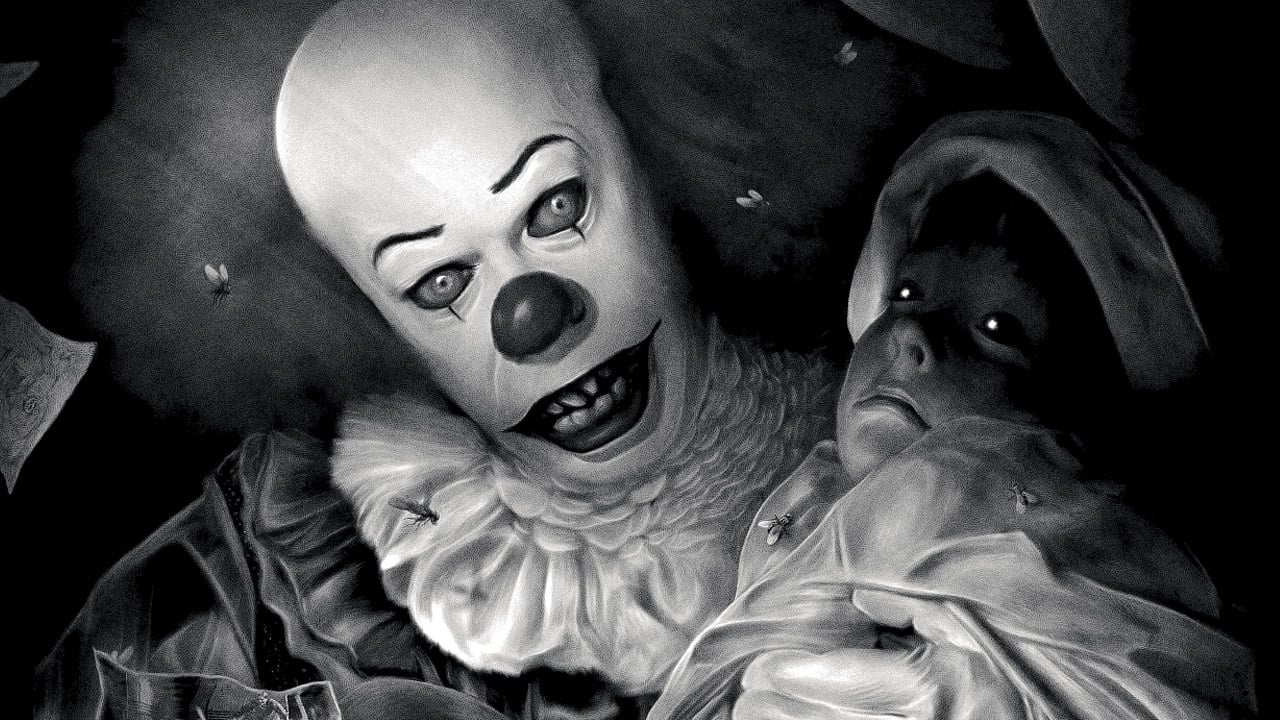













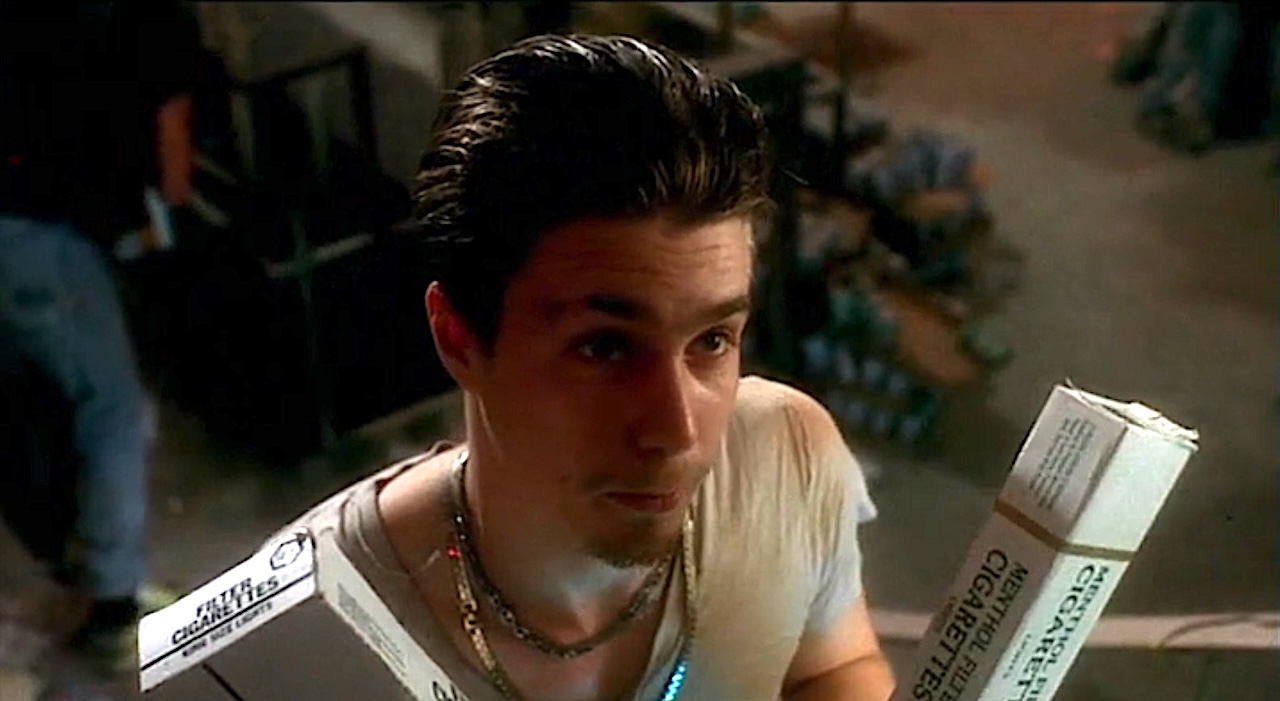

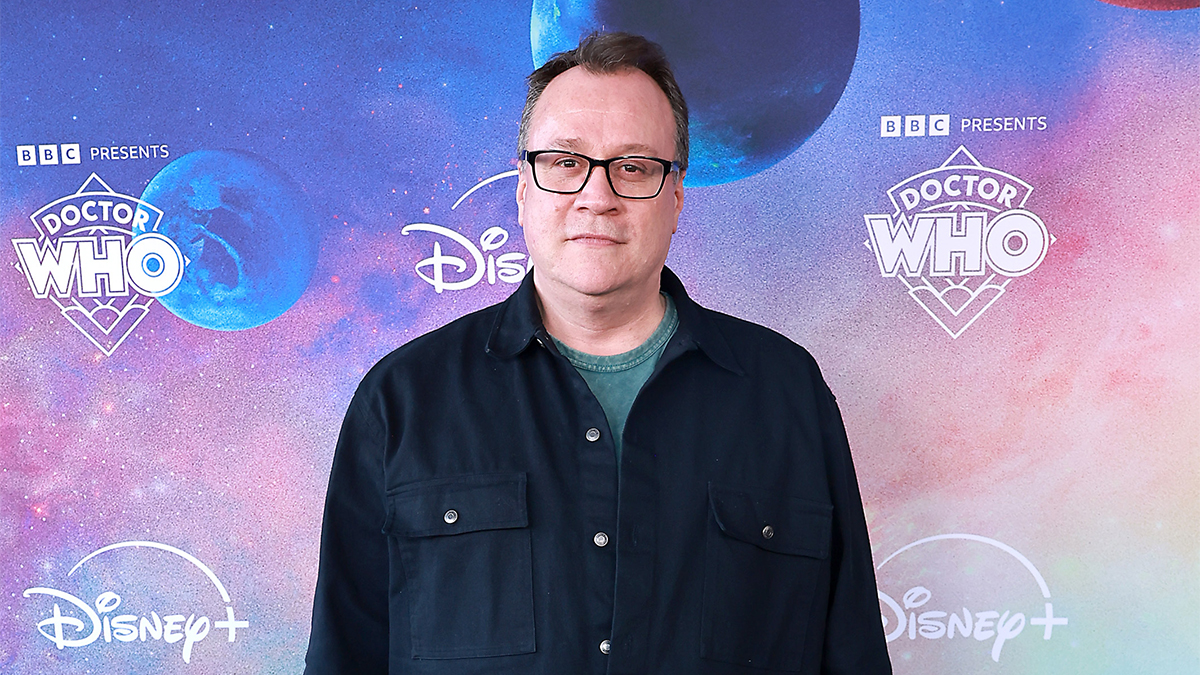
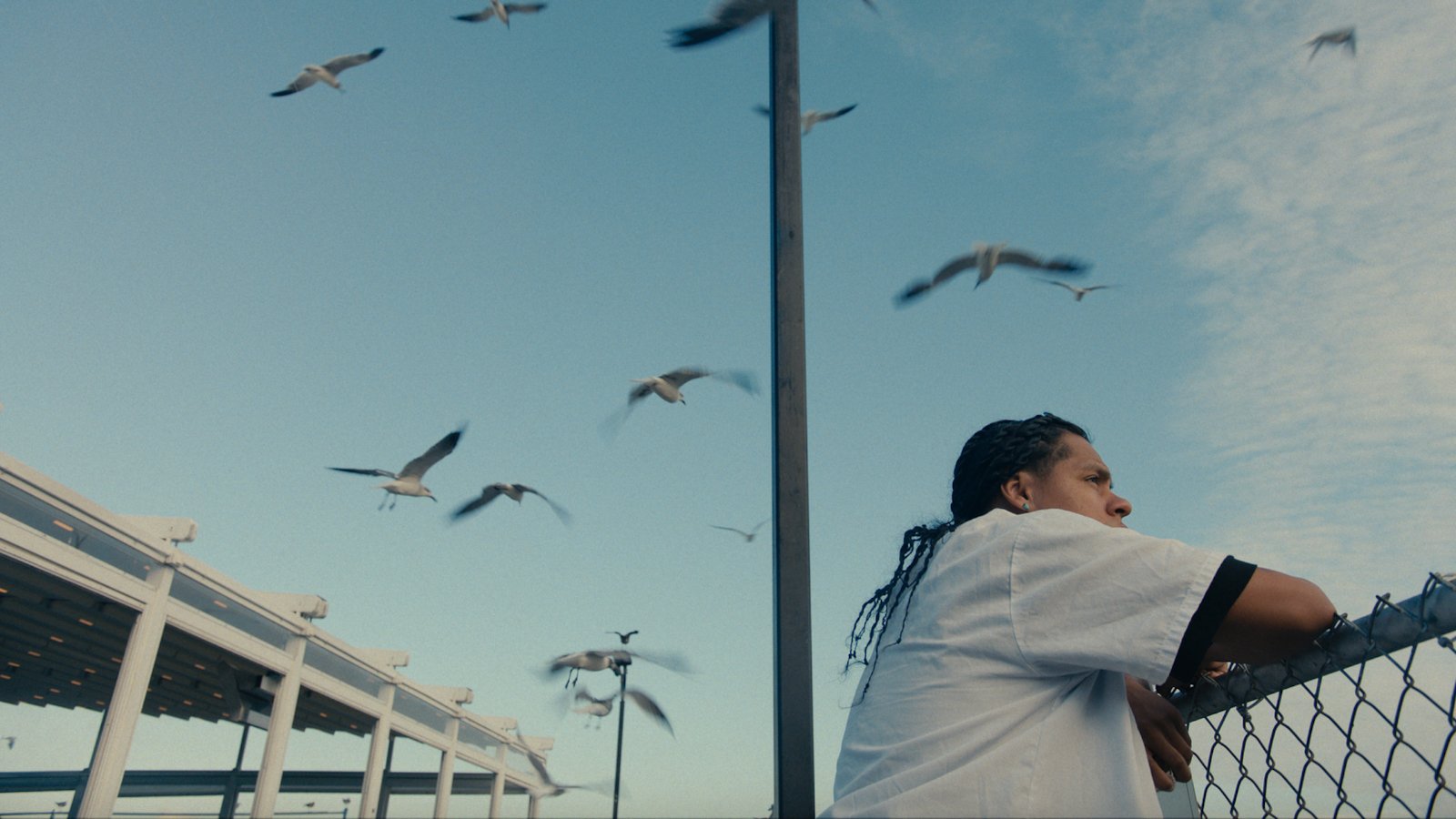




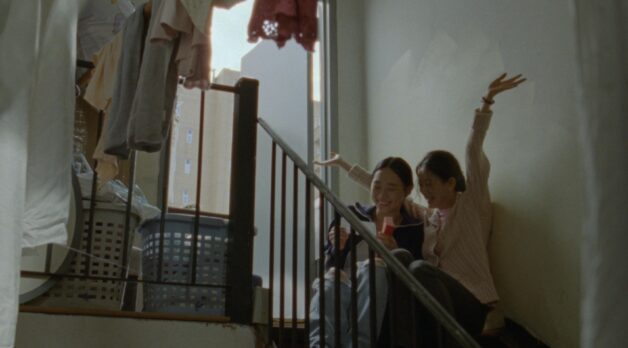

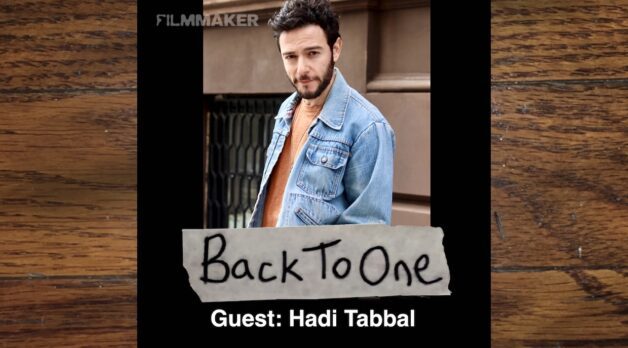





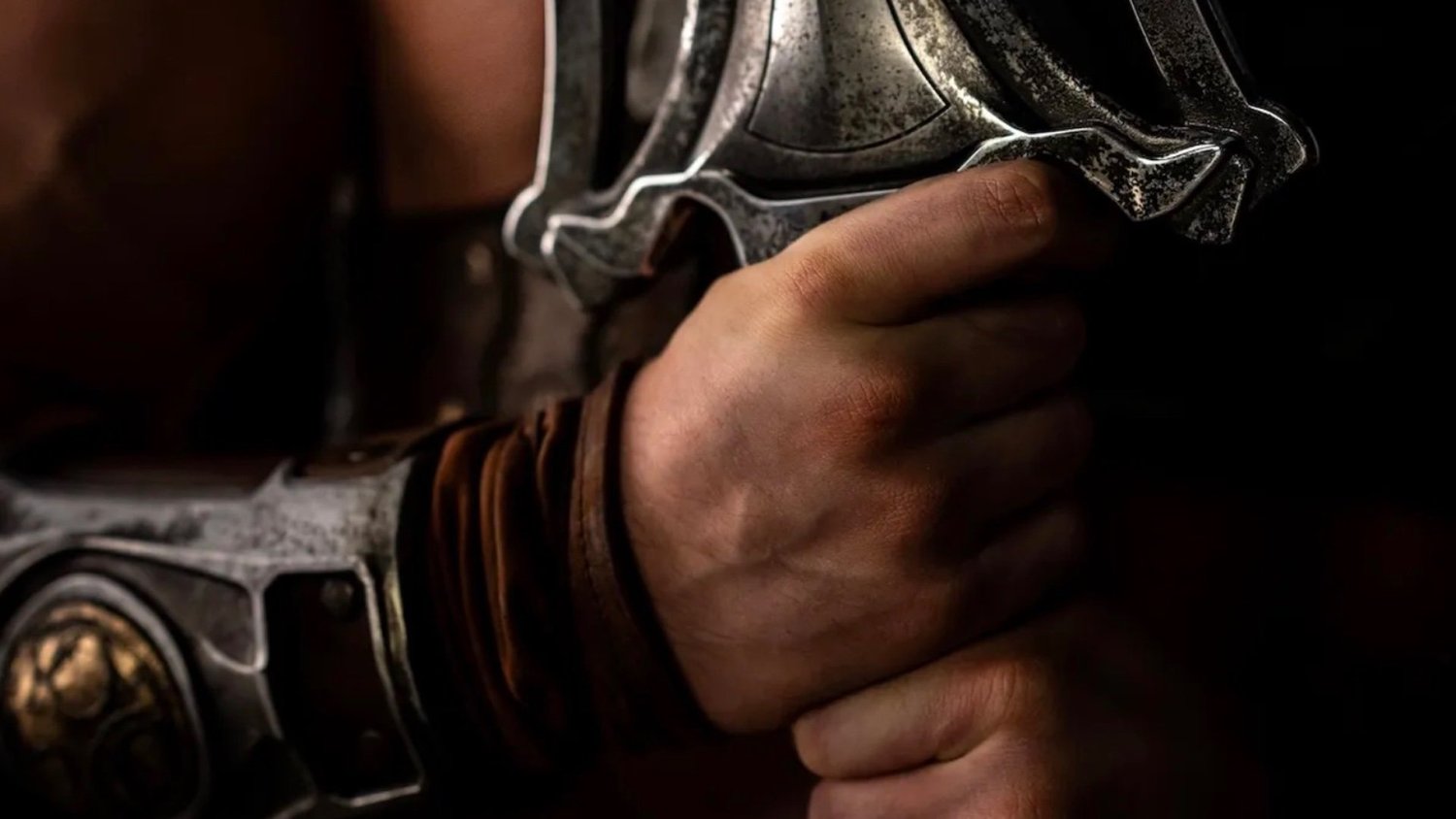

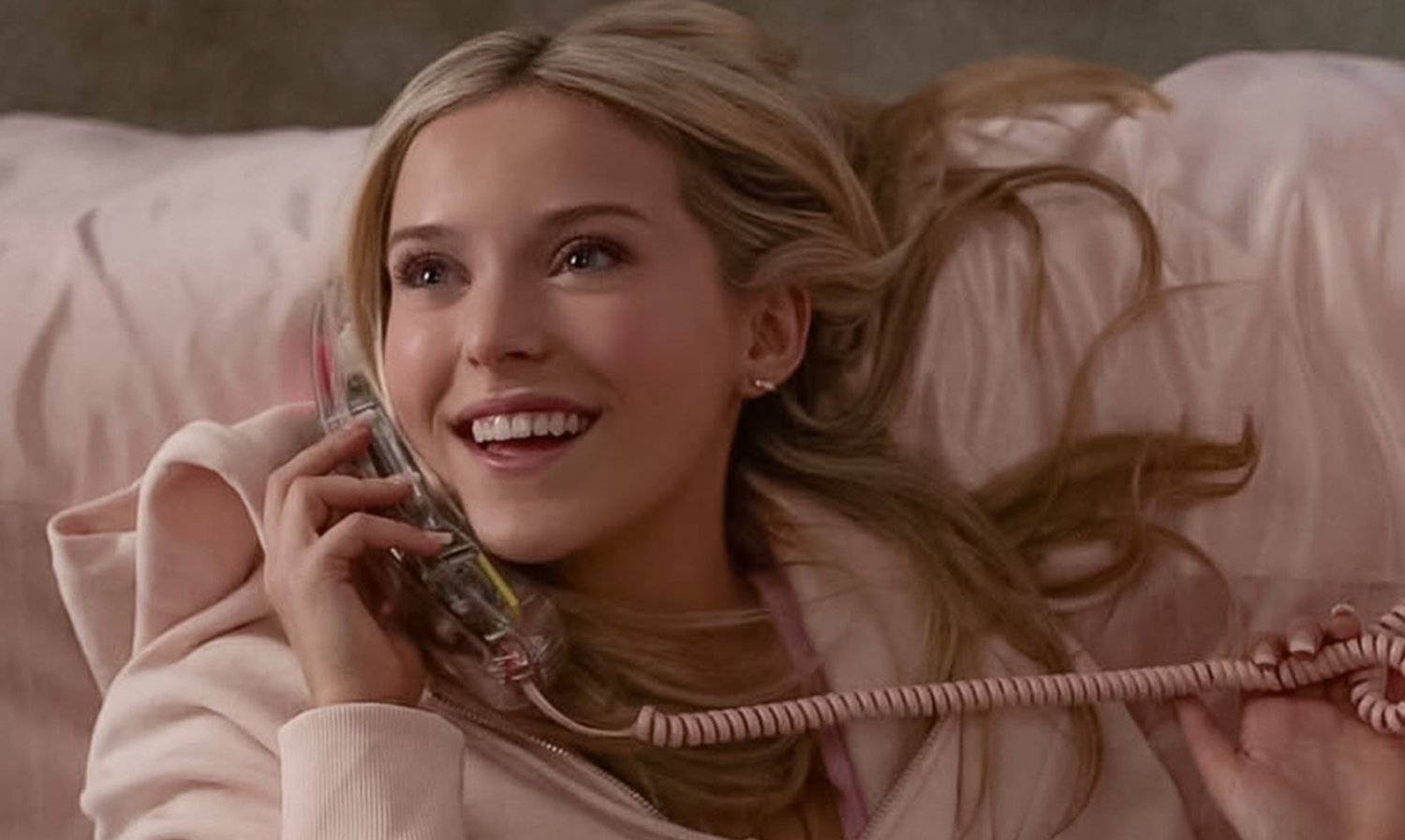









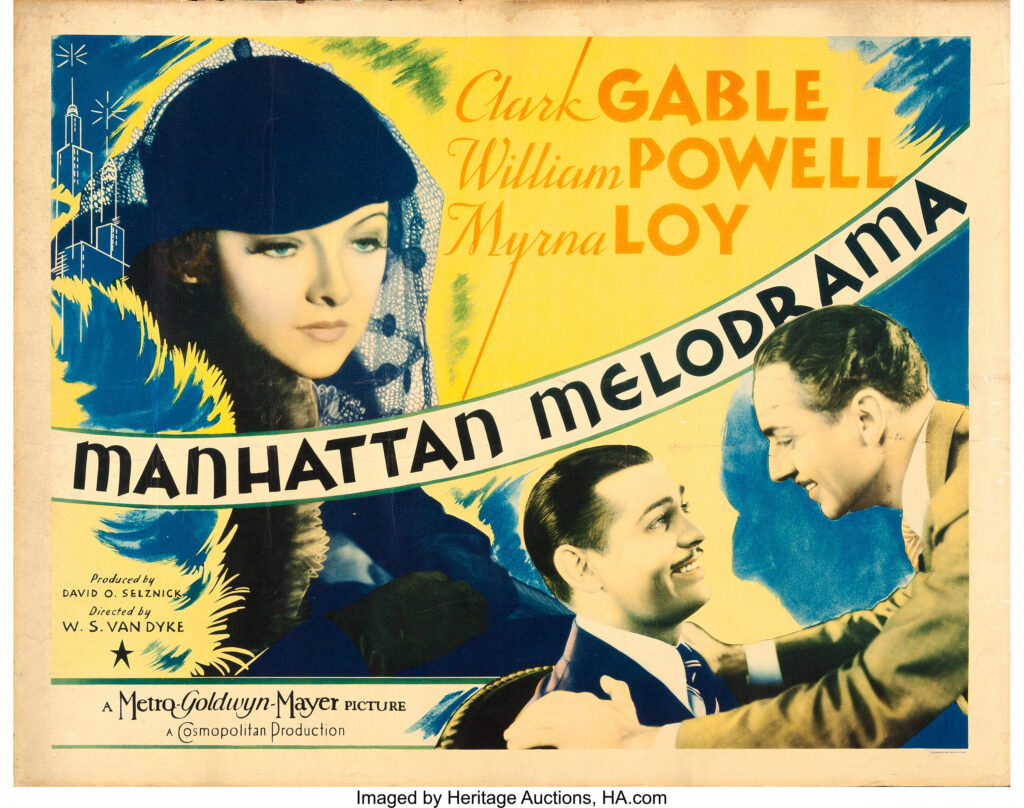
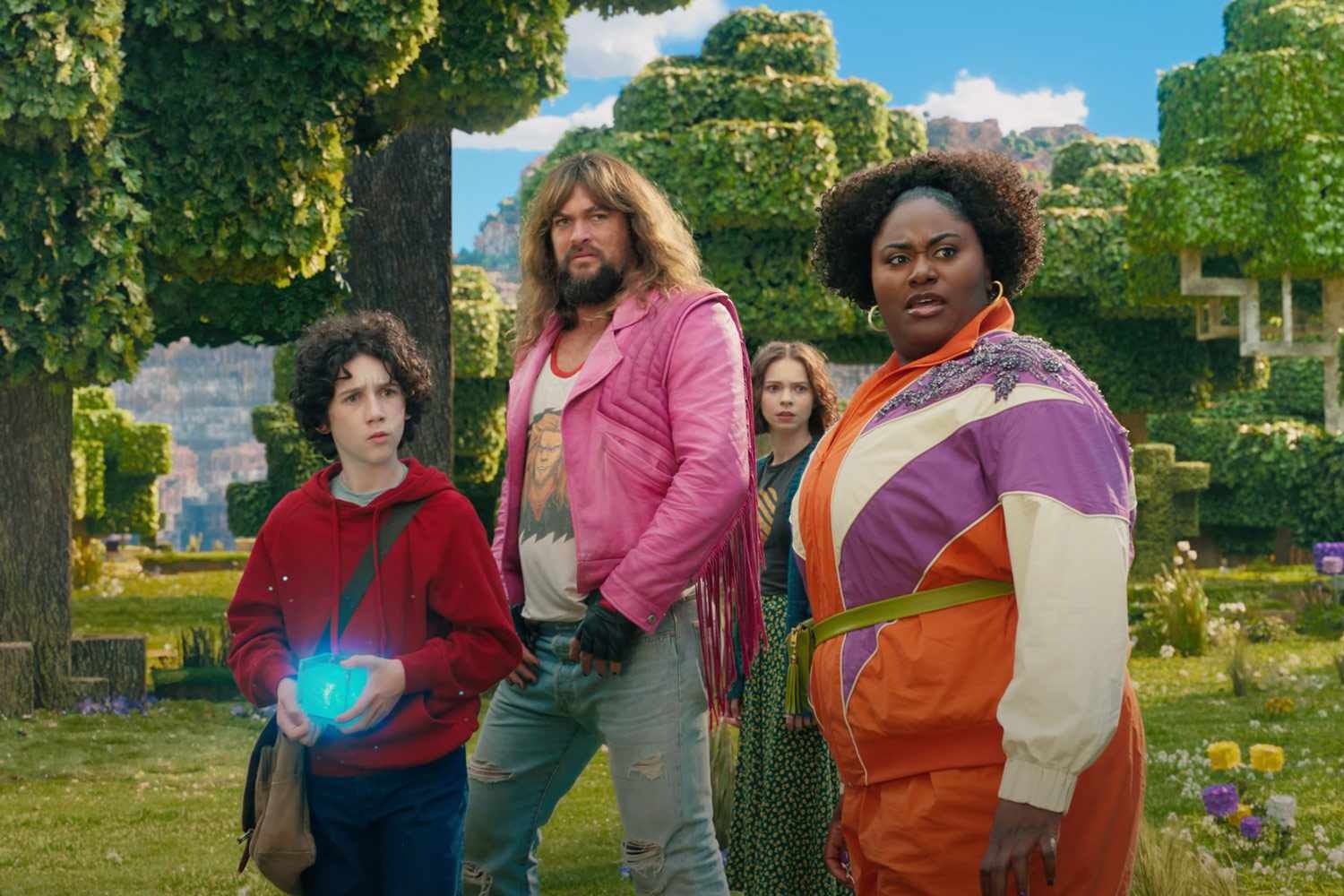

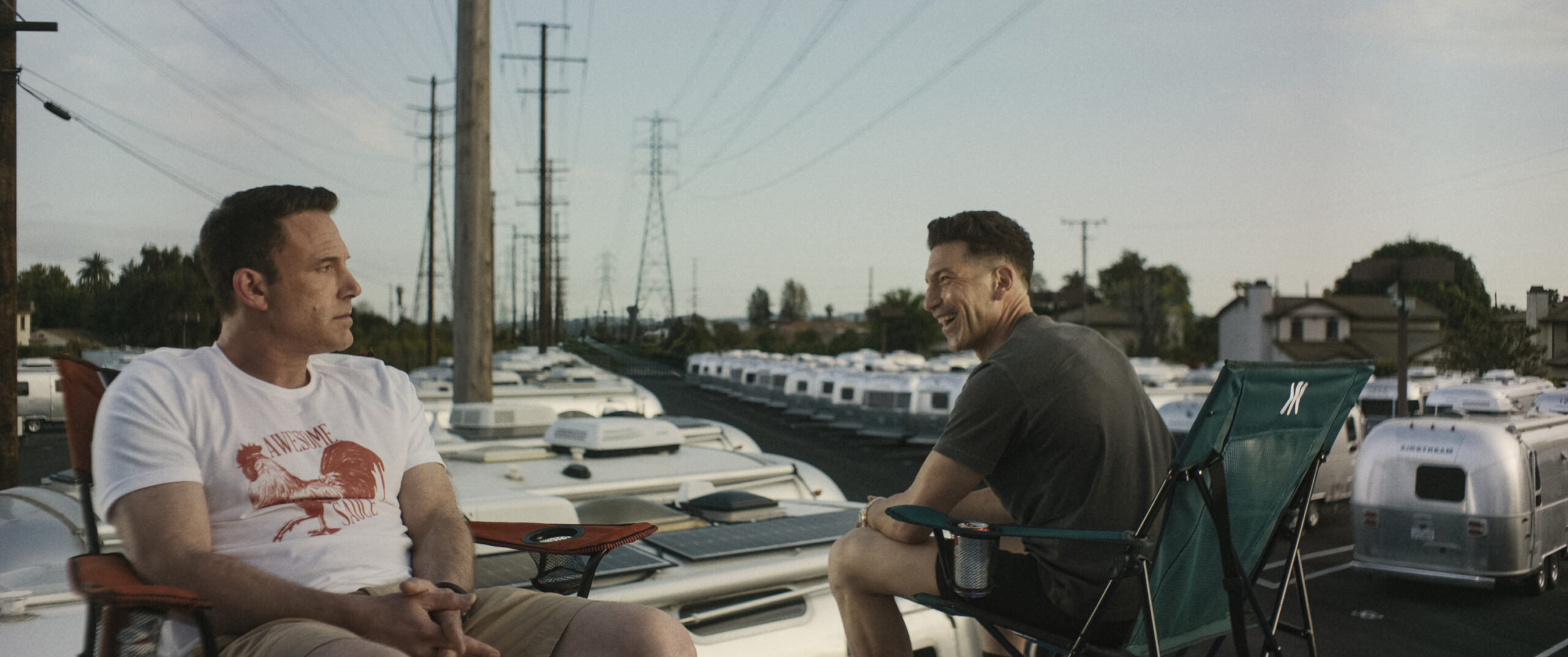
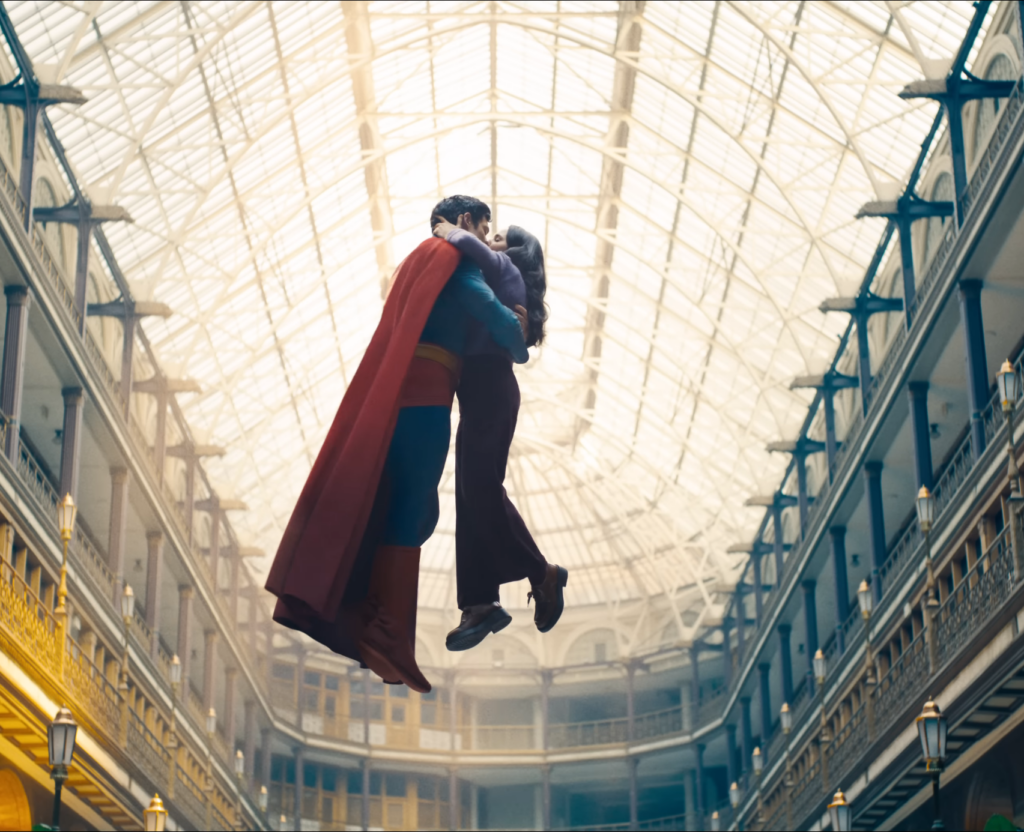


















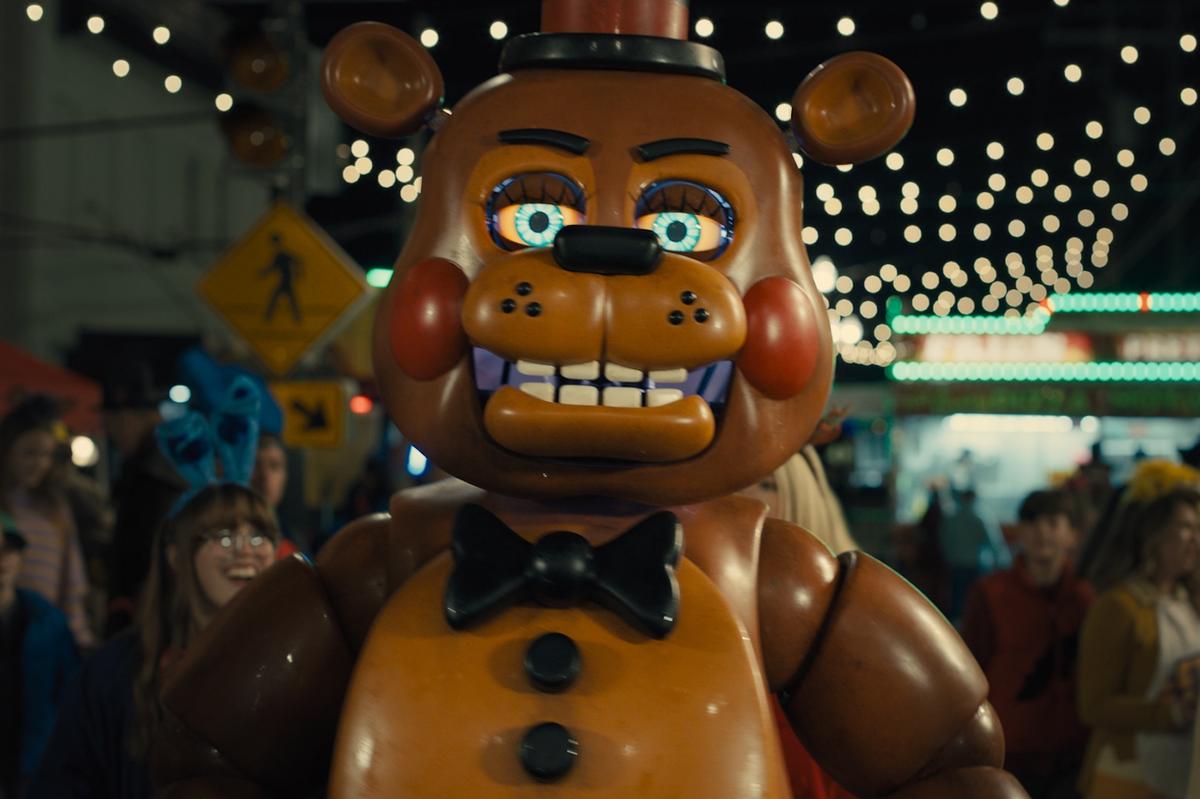

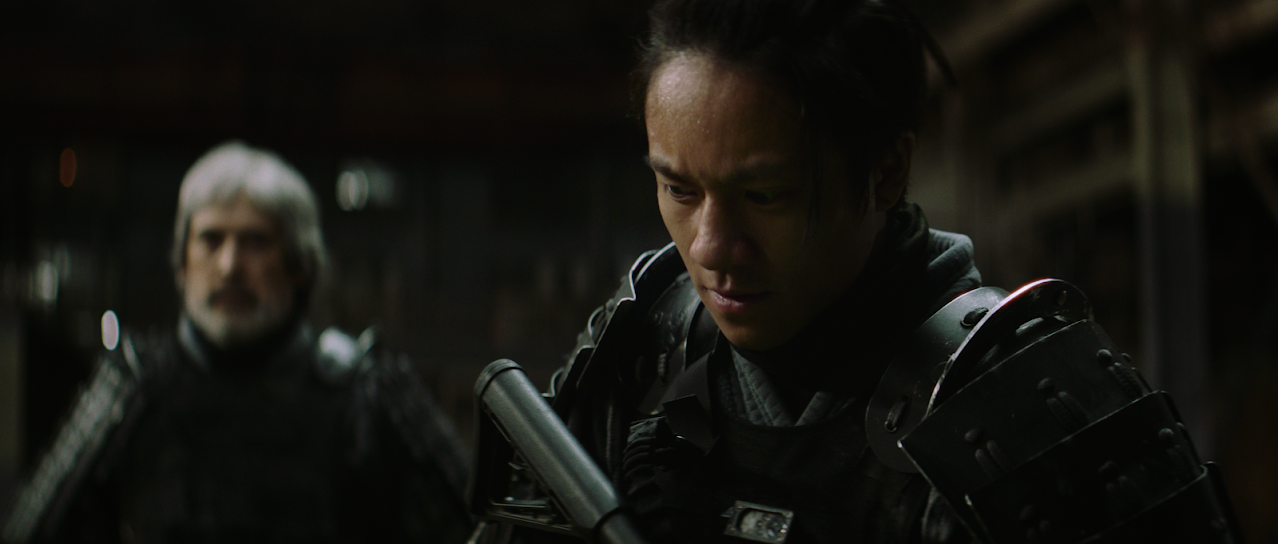




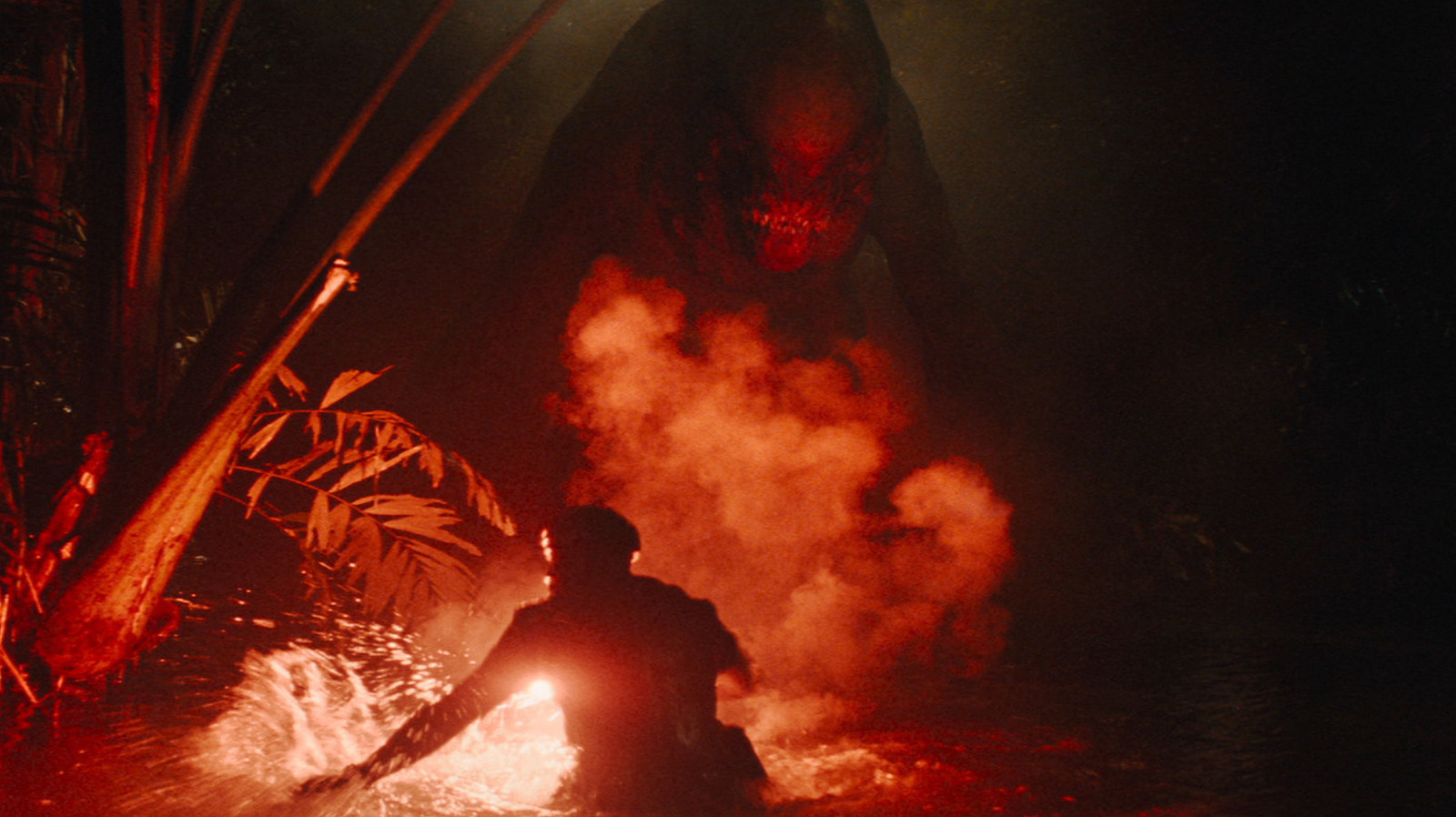






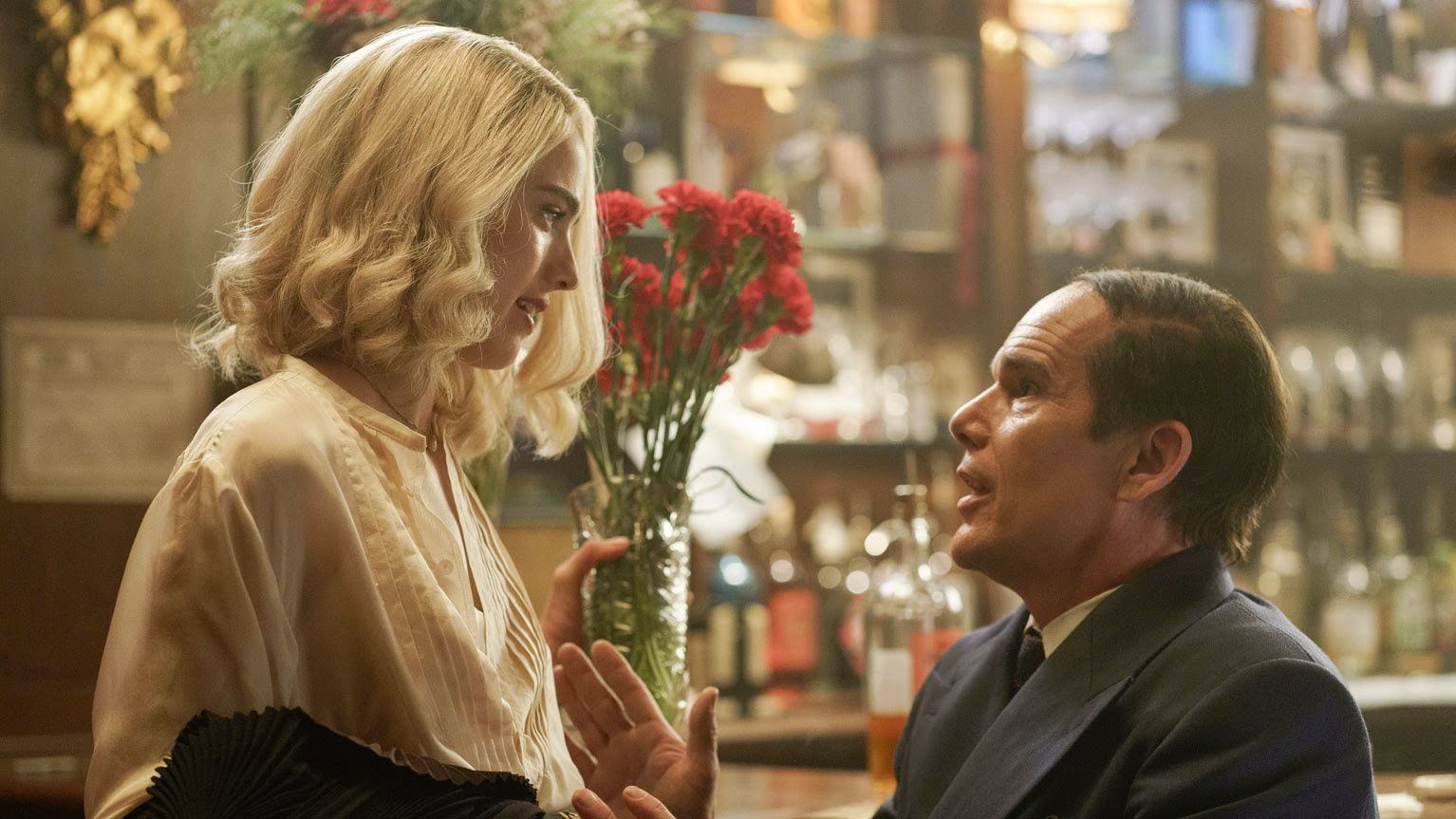

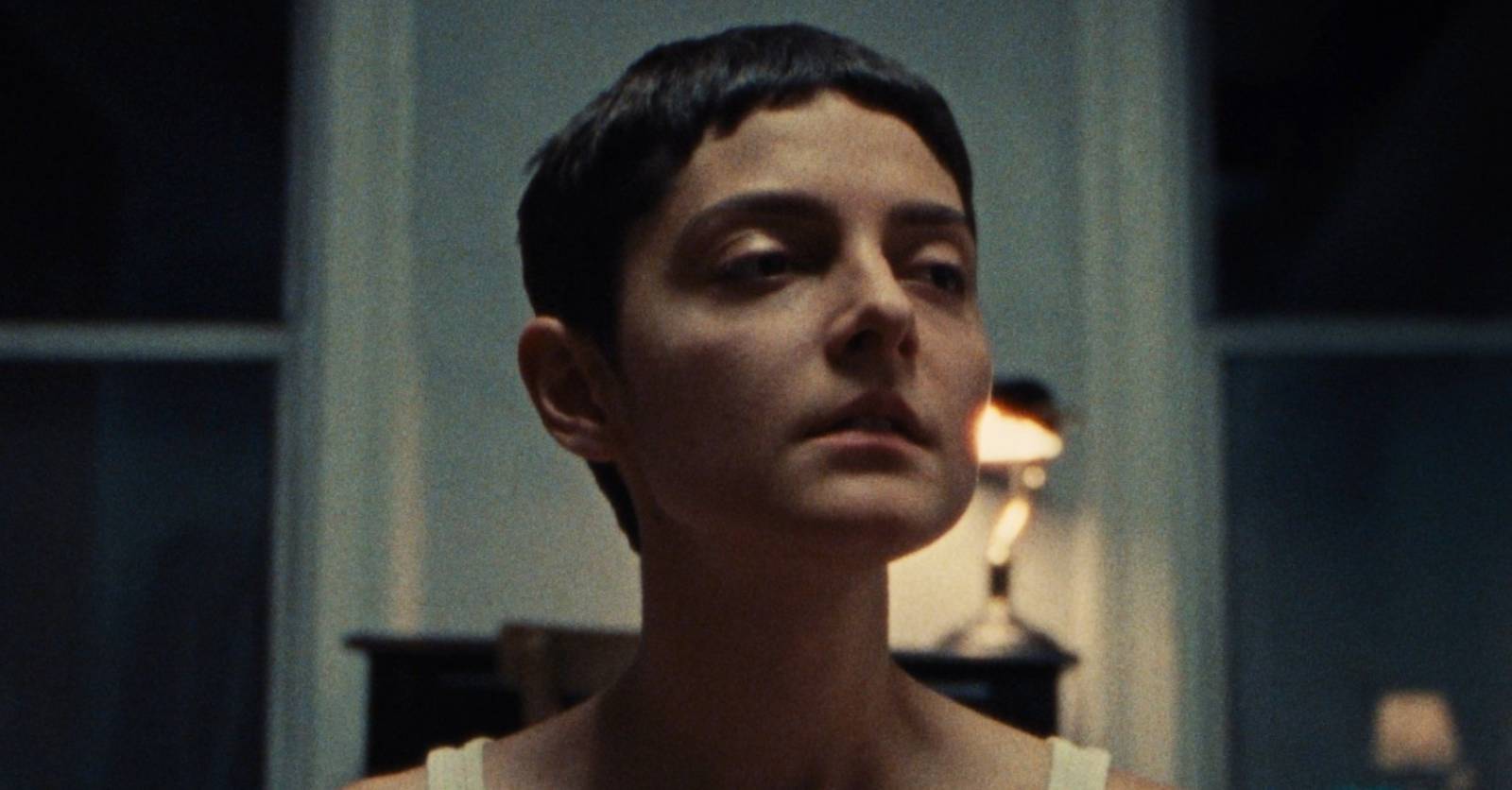





![‘The Bondsman’: Kevin Bacon & Erik Oleson On Demon-Hunting, Musical Redemption, ‘Tremors,’ Marvel, DC, & More [Bingeworthy Podcast]](https://cdn.theplaylist.net/wp-content/uploads/2025/03/04152419/THE-BONDSMAN_TRAILER_KEVIN-BACON_AMAZON-PRIME-VIDEO_APRIL-3_.jpg)

